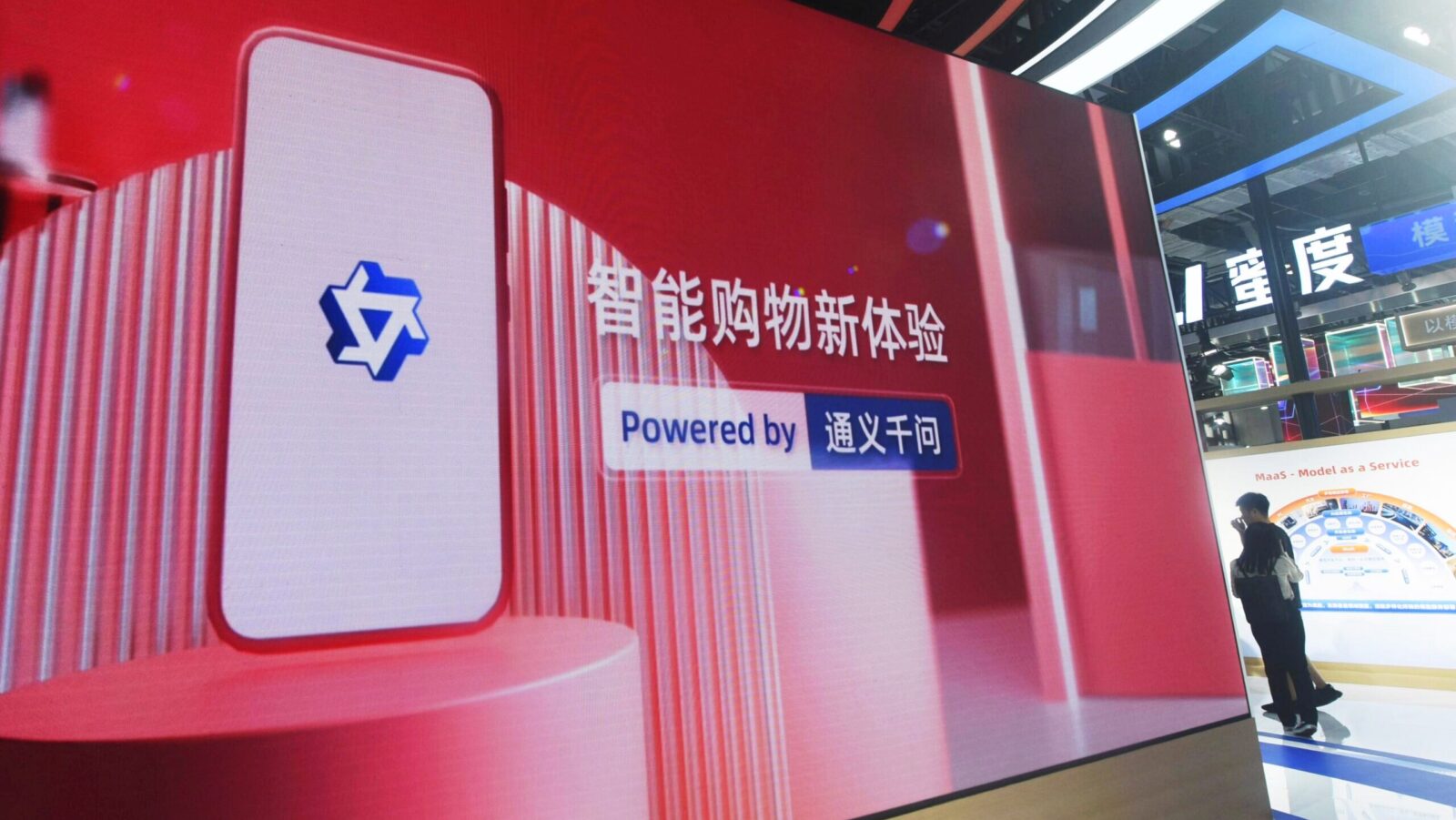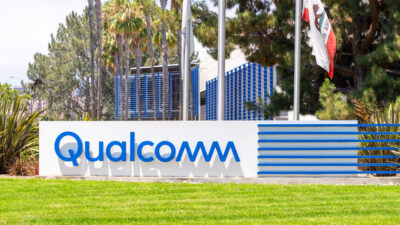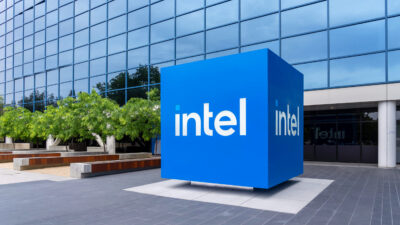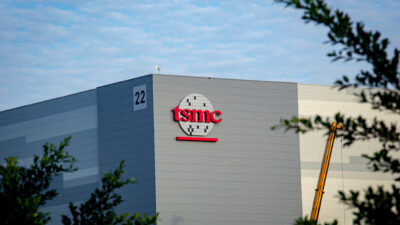Chipmakers Emerge as Big Winners in ‘Big Beautiful Bill’
When it comes to competing on the world’s semiconductor stage, US lawmakers are not content to let the chips fall where they may.
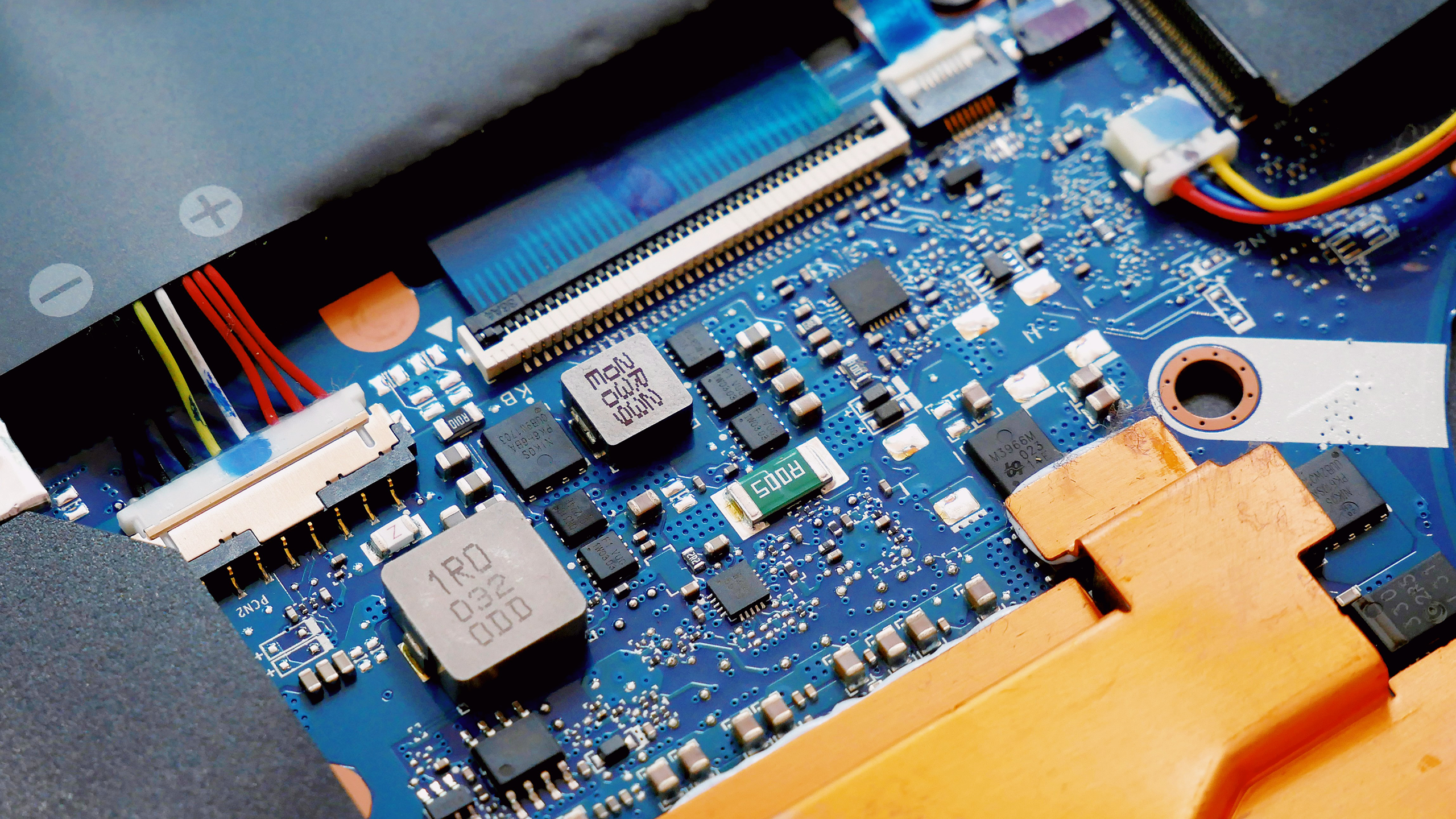
Sign up for smart news, insights, and analysis on the biggest financial stories of the day.
When it comes to competing on the world’s semiconductor stage, US lawmakers are not content to let the chips fall where they may.
Which is why, among myriad other provisions, the “One Big Beautiful Bill” passed by Congress and signed into law by the White House late last week includes some hefty new perks and incentives for semiconductor manufacturers.
We’re (Semi)conducting Serious Business Here
Passage of the bill was not exactly a bipartisan effort — attracting not a single Democratic vote and even encouraging a few Republican defections across both chambers of Congress. Still, supporting the semiconductor industry is one of the very few zones of bipartisan consensus these days. Back in 2022, the Biden-era CHIPS and Science Act provided grants of $39 billion and loans of $75 billion for US-based semiconductor manufacturing projects.
And while the new administration in the White House has threatened to repeal the CHIPS Act altogether, provisions in the Big Beautiful Bill reveal the GOP is still eager to support the critical industry one way or another:
- Under the bill, semiconductor manufacturers will be eligible for an investment tax credit of 35% if they break ground on new facilities ahead of a 2026 deadline; that raises the incentive from an existing tax credit of 25%, and even beyond the 30% tax credit included in an earlier draft of the bill.
- That’s great news for chipmakers, reflected in near across-the-board share price gains upon news of the law’s passage on Thursday: Intel (2.7%), TSMC (0.5%), and Micron (0.4%) all closed up heading into the holiday weekend.
Chip Stack: It’s not the only recent policy win for the industry. Last week, the US Commerce Department told leading semiconductor design software providers — including Synopsys and Siemens — that they are no longer required to obtain government licenses to conduct business in China. It’s a welcome change of pace for an industry that has been caught in the crossfire of the trade war so far this year. In sum: the government giveth, the government taketh. What else is new?
